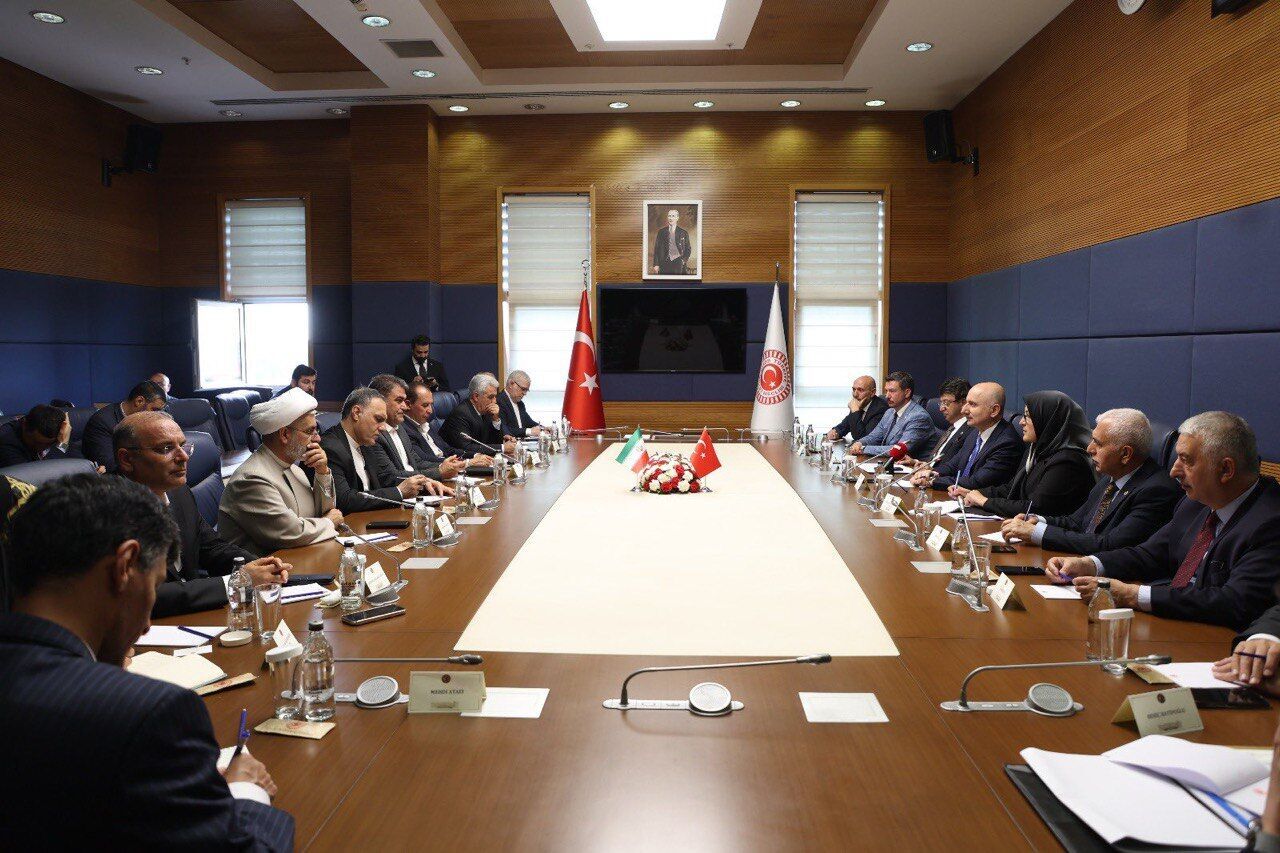
Similar Posts
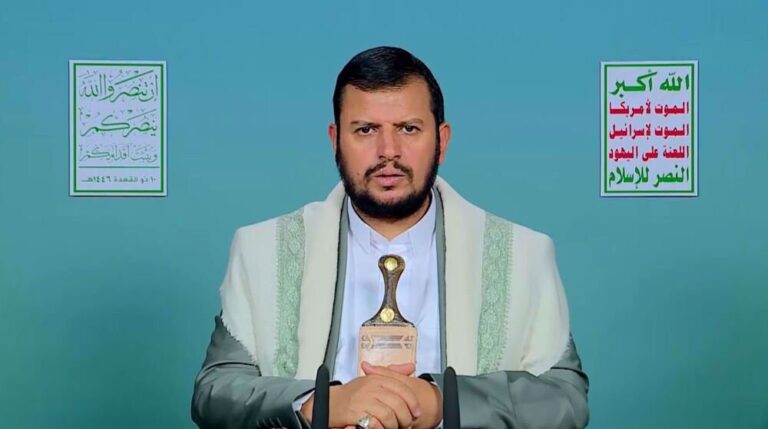
Religious and Secular Zionists Unite for the Vision of a Greater Israel
In a televised address, Abdul-Malik al-Houthi condemned the ongoing violence in Gaza, labeling it a “genocide” that has lasted 19 months. He urged the Islamic Ummah, particularly Arab nations, to act against the atrocities, emphasizing the live broadcasts of the violence as a moral imperative. Houthi criticized Arab leaders for prioritizing public image over the threat posed by Zionism, highlighting Israel’s disdain for normalization efforts. He praised the resilience of Palestinians and stressed the need for comprehensive support from the Islamic world. Yemen’s military actions, including recent missile strikes on Israel, were noted as a commitment to the Palestinian cause.
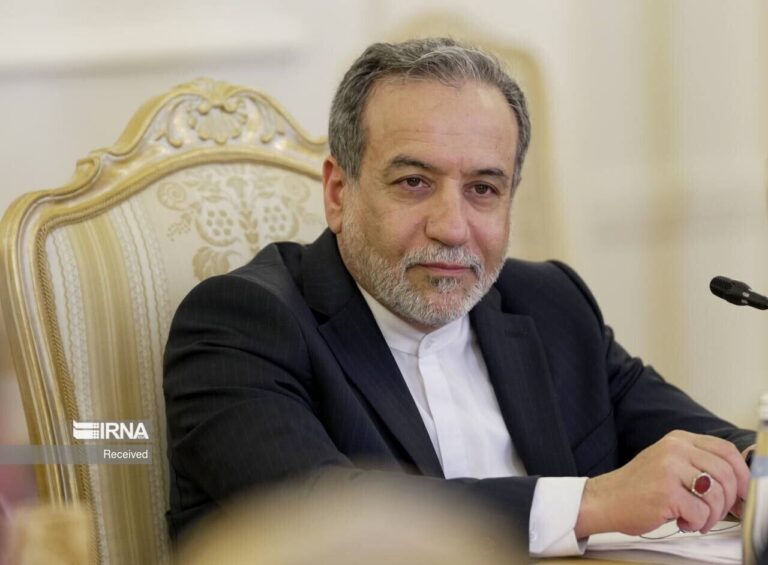
Optimism Mixed with Caution: Araqchi’s Insights Post-Rome Talks
Iran’s Foreign Minister Abbas Araqchi expressed cautious optimism about ongoing nuclear negotiations with the U.S. in Rome, noting a “relatively positive atmosphere” that may lead to a potential agreement. Following the second round of talks, both sides agreed to continue discussions on Iran’s nuclear program and U.S. sanctions. Araqchi emphasized that many Iranians find the 2015 JCPOA insufficient and highlighted the lessons learned from the U.S. withdrawal in 2018. He anticipates expert-level talks soon, advising optimism should be tempered with caution. The discussions were supported by Italy and Oman, furthering diplomatic dialogue amid global challenges.
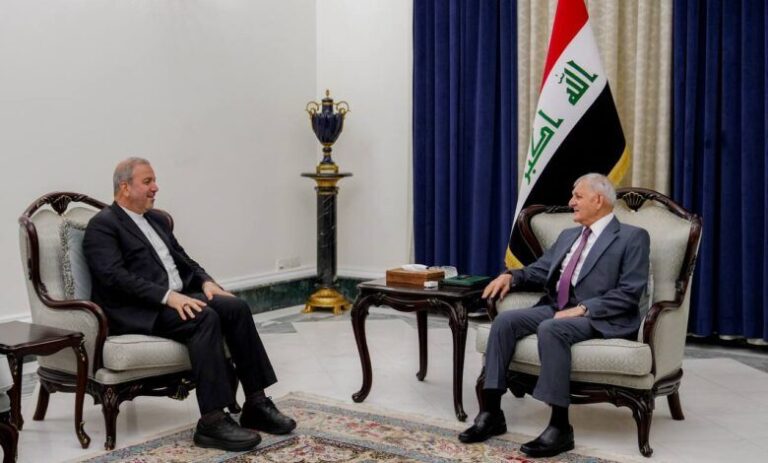
Iraq Seeks to Strengthen Bilateral Ties and Cooperation with Iran
In a recent meeting at Al-Salam Palace, Iraqi President Abdul Latif Jamal Rashid emphasized the importance of enhancing bilateral cooperation with Iran. He highlighted the deep-rooted relations between the two nations and the need to broaden collaboration across various sectors. The discussion also focused on Iraq’s support for regional stability and improved coordination to address challenges. Iranian Ambassador Mohammad-Kazem Al-Sadegh conveyed Tehran’s commitment to deepening cooperation with Iraq, stating that Iran is ready to expand constructive consultations in line with mutual interests. This meeting marks a significant step towards strengthening ties between the two neighboring countries.
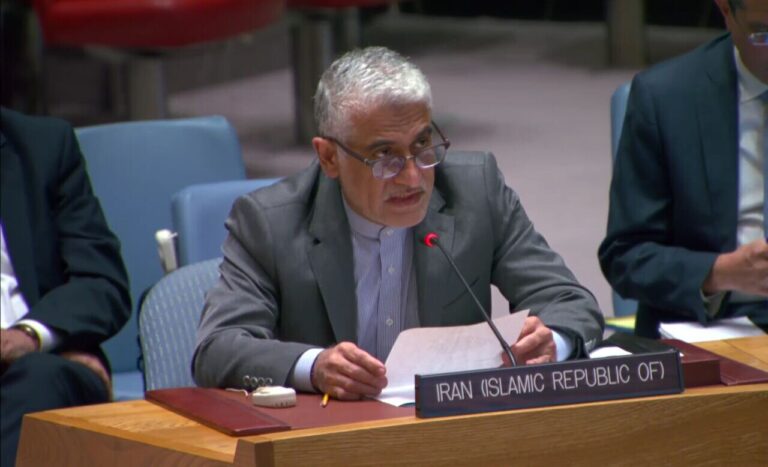
Iran’s UN Envoy Urges for an Inclusive Government in Syria: A Path to Stability
During a recent UN Security Council meeting, Iran’s Ambassador Saeid Iravani emphasized the severe humanitarian and economic crises in Syria, calling for immediate international action. He highlighted the urgent need for infrastructure reconstruction and essential services, hindered by U.S. and EU sanctions that disproportionately affect vulnerable populations. Iravani also raised concerns about the resurgence of terrorism, the rights of all communities, and Israeli violations of Syrian sovereignty. He reaffirmed Iran’s support for Syria’s independence and urged for a government formed through free elections, while rejecting U.S. allegations aimed at distorting the truth. Iran aims to collaborate with the UN for lasting peace in Syria.
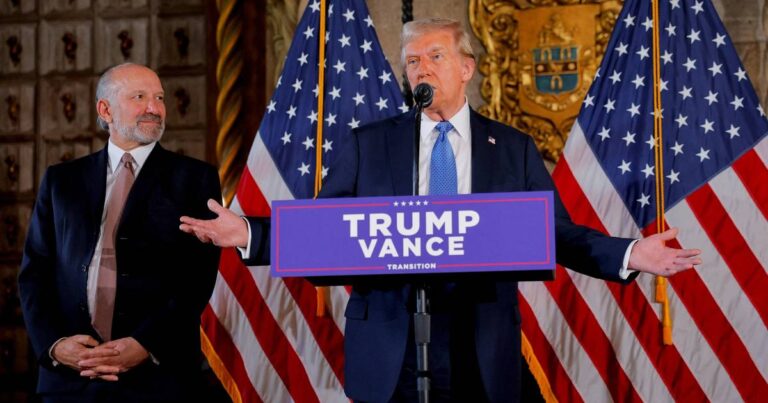
Trump Remains Silent on Potential Preemptive Strikes Against Iran’s Nuclear Facilities
During his first press conference since winning the election, President-elect Donald Trump provided ambiguous responses regarding a potential preemptive strike on Iran’s nuclear facilities amidst rising tensions. When questioned, he emphasized the sensitive nature of military discussions, stating, “I can’t tell you that,” and refrained from endorsing Israeli airstrikes. Reports suggest Trump’s transition team is reviewing military options, particularly in light of Iran’s enriched uranium capabilities. Trump confirmed discussions with Israeli Prime Minister Netanyahu, highlighting U.S.-Israeli collaboration in regional security. As he prepares to take office, the implications of his foreign policy on Iran will be closely scrutinized.
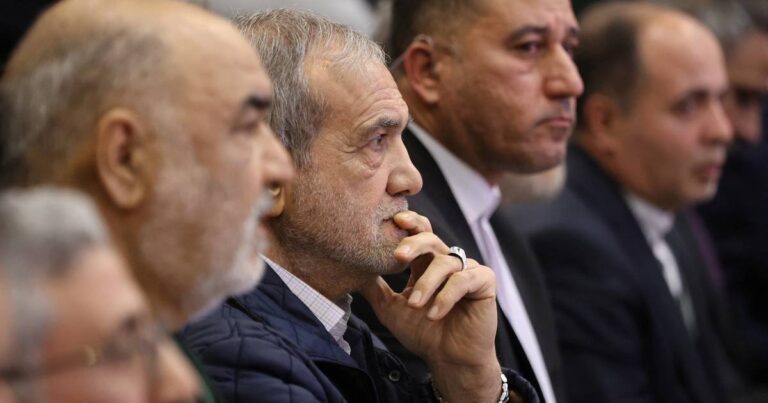
Iran and Russia Forge Strategic Alliance Amidst Regional Challenges
Iranian President Masoud Pezeshkian will visit Moscow on January 17 to meet with President Vladimir Putin, aiming to finalize a strategic cooperation agreement. This visit is critical following the loss of a key ally, Bashar al-Assad of Syria, which has intensified the need for stronger ties. Discussions on bilateral issues have been ongoing, and a comprehensive cooperation agreement is expected to include initiatives like the North-South Corridor and Russian gas transfers to Iran. The meeting represents a pivotal moment for Iran-Russia relations, as both countries seek to navigate changing geopolitical dynamics while prioritizing national independence and security.